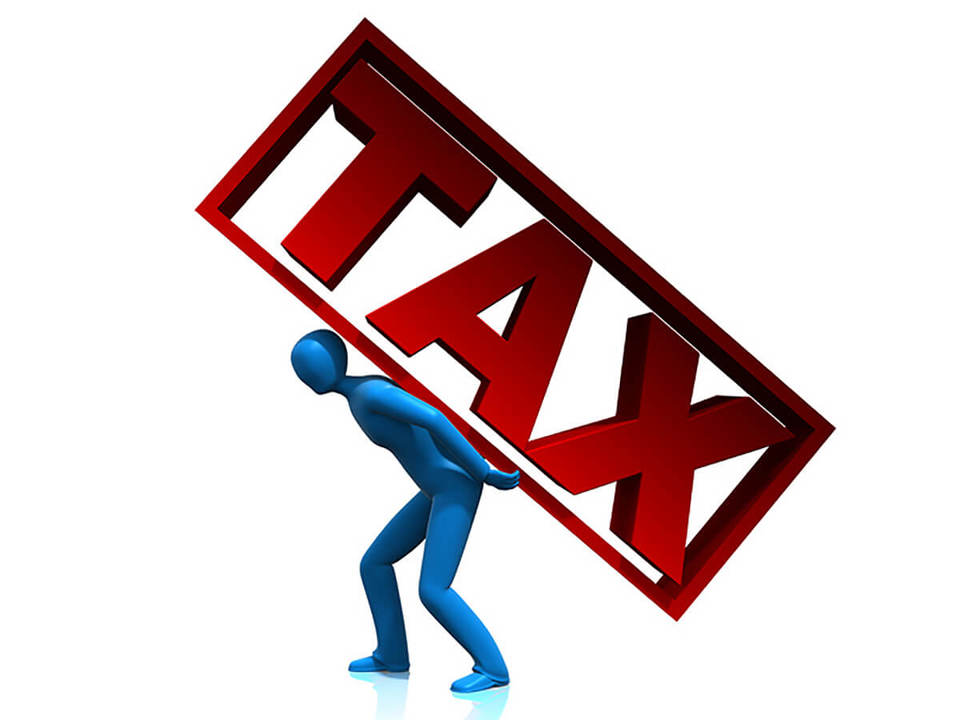Professor Stephen Glaister is convinced that this means the Government will have to look at ways of raising additional revenue.
The director of the RAC Foundation told delegates at the recent Nationwide Fleet Day that burning less oil will significantly dent the Government’s fuel duty take. “Something has to change whether we like it or not,” he said.
Cynics might even argue that the Government’s proposal to increase the motorway speed limit from 70mph to 80mph, which would result in up to 20% more fuel being burnt, has a distinct tax advantage for the Treasury.
Waters told Fleet News: “There is no doubt that companies and drivers have responded to the market conditions that they face and their own personal circumstances.”
Businesses are looking to protect their bottom line and employers are finding family budgets squeezed. “So it comes as no surprise that they are taking steps to operate in the most tax efficient way possible,” he added.
“Across the board the government has taken measures to link fiscal policy with environmental performance to encourage more sustainable behaviours.
“Any decrease in tax revenues would be a measure of the success of this approach and Government must continue to strike a balance between fair taxation and environmental impact.”
Company car tax bands, which are based on vehicle emissions, have been published until 2013/14, but company car drivers selecting vehicles on a four-year cycle remain in the dark as to what they may be paying in their final year.
It’s an issue which ACFO has raised with HMRC and the Treasury, but one which the Treasury seems reluctant to address, simply saying that rates for 2014/15 will be announced in next year’s Budget.
Perhaps because of the pressure it’s experiencing on the public purse, it also appears reluctant to do away the 3% supplement on diesel cars, an out-of-date, pollution-related penalty, which looks even more bizarre with the introduction of the Peugeot 3008 diesel hybrid.
A Treasury spokesperson said: “The Government keeps the diesel supplement, as with all taxes, under review.”
But if it does become even more unsustainable, its withdrawal will simply add further pressure to tax receipts and a need for the Treasury to make up the shortfall from elsewhere.
BIK receipts and expenses - employee car and fuel
click to enlarge
NICs liability - paid by employer on BIK and expense payments
Click to enlarge
























Login to comment
Comments
No comments have been made yet.